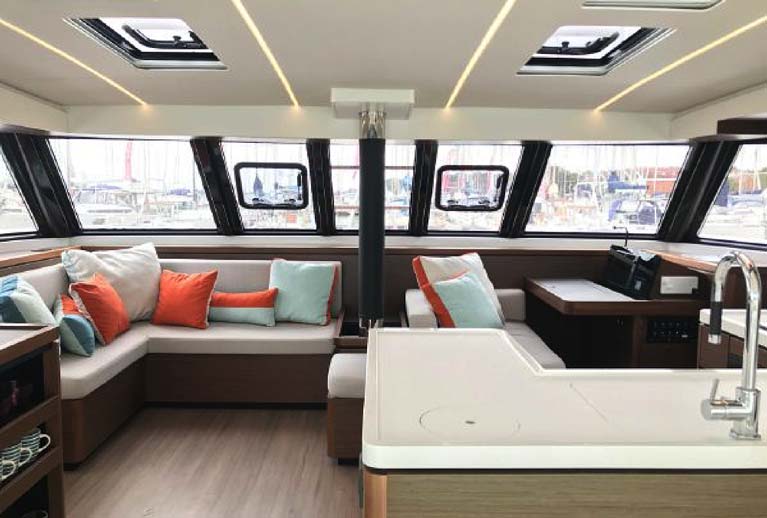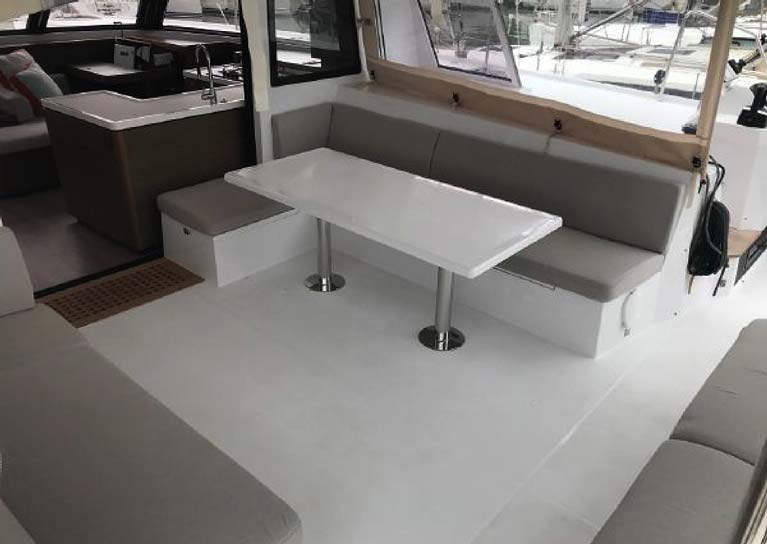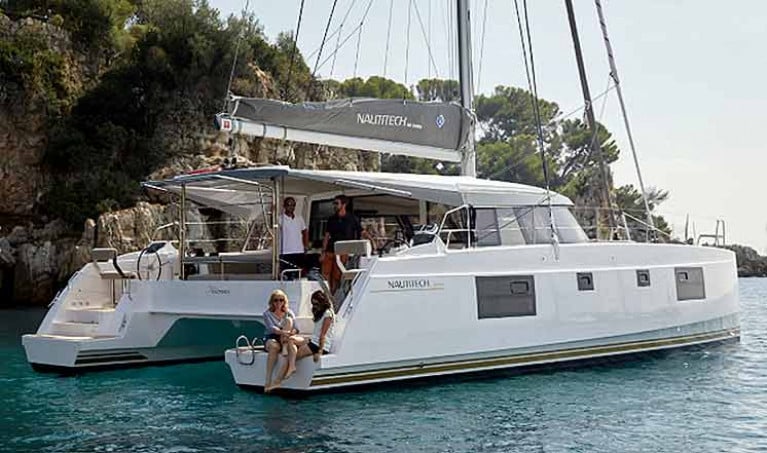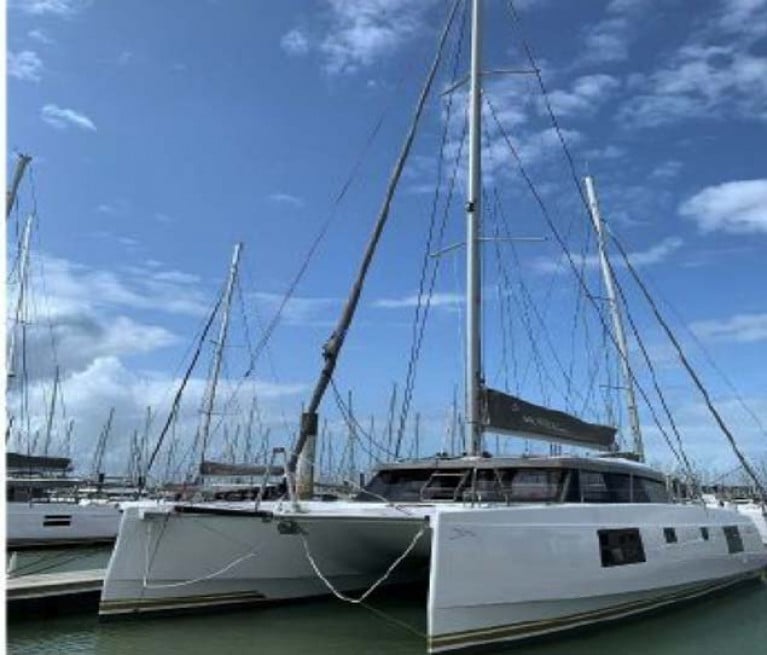Displaying items by tag: Nautitech 46
Catamaran Sailing: Ever Dreamed of a Year off in the Caribbean?
Mark Mansfield, Irish Agent for Nautitech Catamarans (plus Grand Soleil yachts and J Boats), presents a video/webinar from a client of Key Yachting who has done just that.
UK sailor David McLeman bought a new Nautitech 46 Open Catamaran from Key Yachting in order to fulfil his dream of cruising in Europe plus doing the ARC Transatlantic cruise/race and spending a full year away in the Caribbean.
Choosing a catamaran
The video below covers his reasons for choosing a catamaran, even though he was previously a monohull sailor including competing in a number of Fastnet Races.
Key Yachting presently has a demo Nautitech 46 open for sale, only new last July. This boat is fully equipped, in the water at Hamble, and ready to sail away. It is being offered at €498,000—plus VAT, a €60k plus VAT discount off the new price.
Questions answered in this video are:
-
Why a multihull over a monohull?
-
Monohull—sailing performance versus more accommodation?
-
What size monohull has similar internal volume compared to a multihull?
-
How many crew are needed to do a trip like this?
For further details of any of the Nautitech range, or indeed the Nautitech 46 open for sale at Key Yachting, contact Mark Mansfield at [email protected] or by phone at 00 353 87 2506838.
Also see: 2019 NAUTITECH 46 OPEN for sale
Demo Nautitech 46 Open Catamaran For Sale - For Immediate Delivery
Irish Key Yachting agent Mark Mansfield now has a New (demo model) Nautitech 46 Open Catamaran available for immediate delivery for the coming season.
This is a high-specified model, with sails, instruments included in the package including Code 0 equipment. The boat is being offered at a discount to a new version and is based at Hamble Point Marina in the UK.
The boat is available for demo sails to prospective owners and is ready to sail away—back to Ireland—to the Med—to the Caribbean.
Full details on this link
The 46 Open features the attractive three-cabin layout with one complete hull used for the owner's cabin, dressing areas and substantial heads/shower area.
 Interior cabin of the Nautitech 46 Open
Interior cabin of the Nautitech 46 Open Cockpit Nautitech 46 Open
Cockpit Nautitech 46 Open
For details on these models, or any other model from the Key Yachting brands (J Boats, Grand Soleil, Nautitech, Tofinou) contact Mark Mansfield at [email protected] or 00 353 87 250 6838






























































